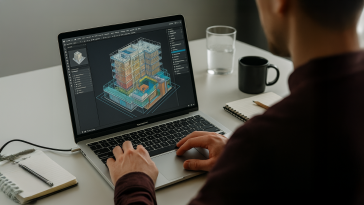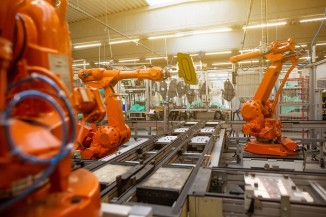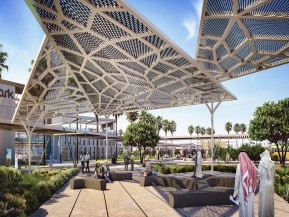Blog / Disruptive Technologies
How QR Codes are Paving the Way for Digital Transformation in Construction
Categories
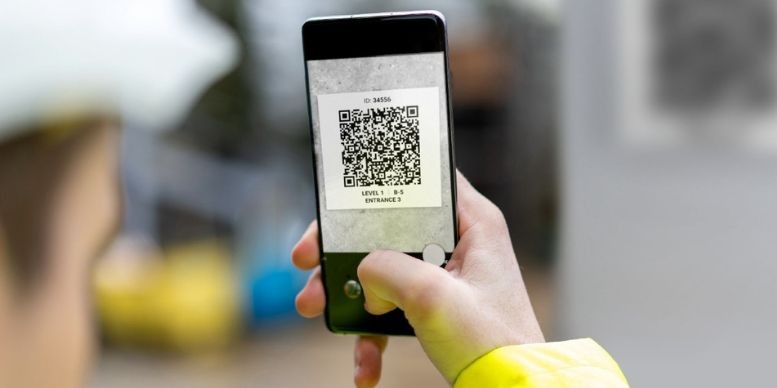
Historically, the construction industry has been perceived as a sector resistant to change, often slow to adopt innovative solutions and digital processes. While industries like automotive and aerospace have long reaped the benefits of advanced technologies, construction has lagged behind.
However, with the emergence of platforms like Revizto, built on next-gen gaming technology, the barriers to digital adoption are rapidly lowering. This shift is creating a unique opportunity for the construction sector to embrace tools and methodologies that promise efficiency, accuracy, and collaboration, such as the wide-spread adoption of QR codes.
A Brief History of QR Codes
Originating in Japan in 1994, QR codes were developed by Denso Wave to track vehicle parts during the manufacturing process. Their compact design, capable of storing vast amounts of data, soon found applications beyond their original intent. Today, QR codes act as bridges seamlessly connecting the physical realm with the digital, from ordering your dinner to connecting you to an operating manual for complex machinery, offering instant access to information with a simple scan from your mobile phone’s camera.
The multifaceted nature of construction projects, with their intricate designs, multitude of stakeholders, and tight schedules, demands tools that can simplify complex processes. QR codes, especially when integrated with platforms like Revizto, offer a plethora of benefits.
Why QR Codes are a Game-Changer for Construction
Enhanced Design Collaboration
By tagging specific design elements with QR codes, architects and designers can facilitate on-the-spot reviews streamlining snagging and defecting tasks. Stakeholders, during site visits or meetings, can scan these codes to access 3D models, 2D drawings, and in the future potentially augmented reality visualizations, fostering real-time feedback and collaborative design decision making.
Efficient Construction Coordination
Consider the scenario where a construction worker comes across an anomaly at a specific site location. A strategically placed QR code can be scanned to instantly access design data, up-to-date 2D construction drawings and 3D models, or even to raise a new issue within the Revizto platform, ensuring rapid resolution and minimal delays.
Streamlined Facilities Management
In the post-construction phase, facility managers can also greatly benefit from QR-coded assets. Scanning a code can provide comprehensive data, from maintenance manuals to asset schedules and to work history - ensuring efficient facility operations and proactive problem-solving.
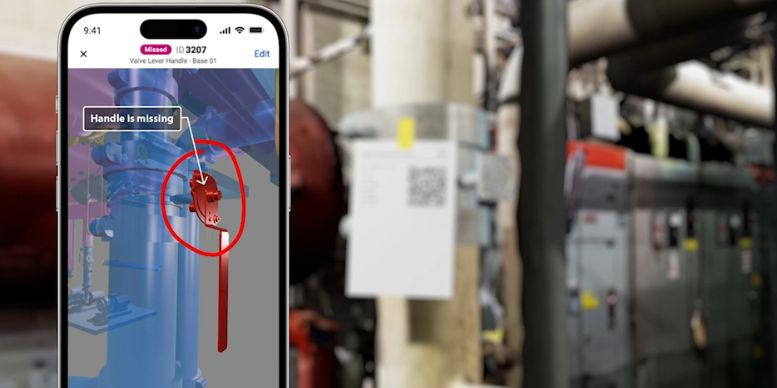
Revizto: A Catalyst for Change
Revizto's cutting-edge Integrated Collaboration Platform, with a built-in Issue Tracker engine, elevates the utility of QR codes in construction. By generating QR codes linked to specific issues, assets, or locations within the platform, Revizto offers an integrated experience spanning the entire project lifecycle from design, through construction, and for the operational life of the built facility. This centralized approach ensures consistent data access, real-time updates, and collaborative problem-solving.
Real-World Scenarios Reimagined
- Design: During a client presentation, an architect showcases a physical model embedded with QR codes. The client scans the QR code, and through Revizto's mobile technology, visualizes the proposed building, facilitating immediate feedback and design decision making.
- Construction: A project manager, upon hearing about a potential structural coordination issue, scans an adjacent QR code on site. Instantly, they have access to the original design drawings, fabrication drawings, 3D model, and past communications, ensuring the issue is addressed promptly avoiding potential costly delays.
- Facilities Management: A malfunctioning HVAC system in a commercial building is reported by staff. The facility manager scans the system's QR code, accessing its warranty details, the manufacturer's installation instructions, and maintenance procedures, as well as the supplier's contact information, ensuring swift resolution and avoiding disruption to the operations within the building.
The integration of QR codes in construction, especially when paired with platforms like Revizto, heralds a new era of digital transformation for the industry. As we stand at the technological crossroads between traditional and new digital methods, it's evident that the future of construction lies in harnessing digital tools and processes that promise not just to build, but to build smarter, faster, and more collaboratively.
Related module
